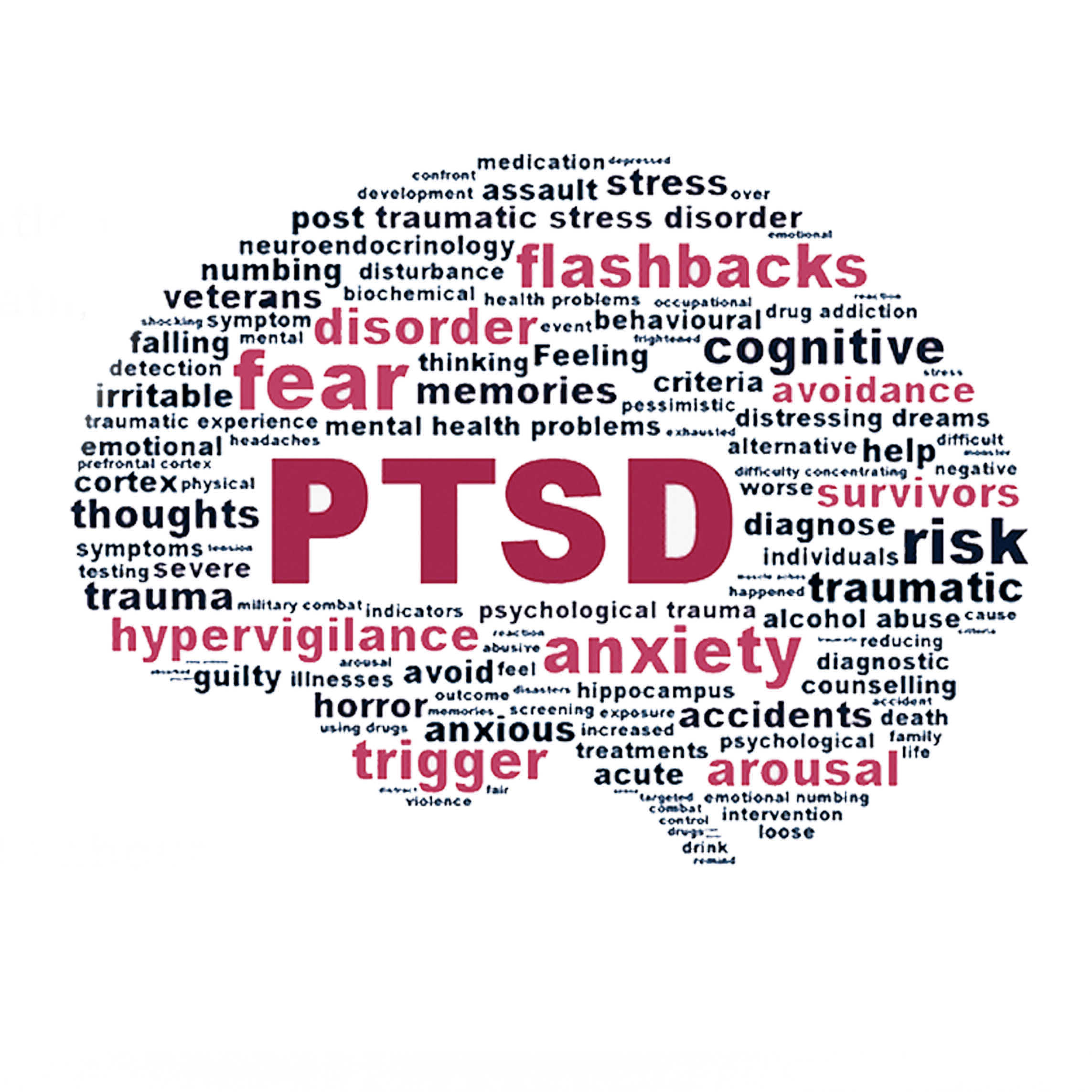ptsd2

In Support Of First Responders
Post Traumatic Stress Disorder (PTSD) is a mental health condition caused by witnessing or experiencing actual or threatened death, serious injury or violence. Ontario has taken steps to address the harmful impacts of exposure to traumatic events on first responders, including the requirement for employers to develop PTSD Prevention Plans. On April 23, 2017 employers in the first responder community, including firefighters, police, emergency medical services and corrections, were asked to submit their PTSD Prevention Plans to the Minister of Labour, Training and Skills Development.
PSHSA also developed Firstrespondersfirst.ca which offers a free online toolkit designed to help employers establish a PTSD Prevention Plan and Program. The online toolkit consists of resources for the First Responder community to help employers establish a PTSD Prevention Plan and Program. The online toolkit consists of resources for the First Responder community that have been validated through established research to understand the various steps of a PTSD program. The aim for employers is to provide access to resources and simplify the process of building their PTSD prevention plan.
Check Out:
PTSD 3

PSHSA is ready to help employers establish their PTSD Prevention Plans and Programs since we have extensive experience in the first responder community. As well, our team members include first responders as well as professional mental health experts. PSHSA services meet the needs of all organizations, regardless of size, resource availability or location. The services are based on the PTSD Prevention Framework and will encourage organizations to build plans that align with their culture and existing Health and Safety Management System.
Firstrespondersfirsthashtag

Left ptsd

Building A PTSD Prevention Plan
A Prevention Plan will help your organization:
- Understand the impact of traumatic exposures on workers and the workplace.
- Take steps to identify and implement prevention, intervention, recovery and return to work strategies.
- Build a culture that promotes psychological health and safety in the workplace and breaks down stigma barriers.
Building a PTSD Prevention Plan Overview
Getting Started PTSD Policy Package
Do it yourself with a policy template package, developed by experts that sets up your foundational PTSD Prevention Plan and Program.
Policies included are:
- Organizational PTSD Policy
- PTSD Roles and Responsibilities
- Anti-Stigma Policy
- PTSD Training Policy
- Hazard Reporting and Screening Protocol
- Return to Work Policy
- Crisis Response and Management
Contact PTSDPlanInfo@pshsa.ca for more information
PSHSA’s Building a PTSD Prevention Plan Webinar
On April 23, 2017 organizations within the first responders community are being asked to submit their PTSD Prevention Plans to the Minister of Labour, Training and Skills Development.
This webinar will help organizations prepare for this by providing information about:
- Ontario’s PTSD Prevention Strategy.
- The PTSD Prevention Framework, Firstresponderfirst.ca toolkit and resources to help you build a plan.
- Components of a PTSD Prevention Plan.
Contact PTSDPlanInfo@pshsa.ca for more information
Right ptsd

PSHSA’s Building a PTSD Prevention Community of Practice 1 Day Workshop
At this one-day workshop, you will be able to work with a PSHSA expert to develop a PTSD
Prevention Plan for your organization.
- This workshop will help you establish your organizational goals and roles and responsibilities.
- It will also help you identify the mechanisms you will use to recognize exposures, understand intervention options and establish crisis intervention management process.
- At this end of this session, you will have an outline of your PTSD prevention plan, and prioritized elements from the action plan.
Organizational Readiness for PTSD Plan Development
This customized onsite session builds on the Establishing Organizational Leadership for Executives Directors and managers from the organization participate in a one-day workshop to complete an assessment organizational readiness across all tiers of the PTSD Prevention Framework.
Utilizing the results of the executive session the directors and managers will:
- Review organizational challenges and develop mitigation plans.
- Identify existing strategies, policies and programs that support the development of a PTSD
- Prevention Plan.
- Identify the policies and procedures required for the organizations PTSD Prevention Plan.
Contact PTSDPlanInfo@pshsa.ca for more information
These Fast Facts are a free resource to help you identify risk factors for developing PTSD, recognizing signs and symptoms of PTSD and what it may look like at work:
Supporting Ontario’s First Responders
First responders put their lives at risk each and every day to keep all of us safe, and it’s important we provide our first responders the same unconditional support they provide to us when we need them. Ontario’s Minister of Labour, Training and Skills Development, the Hon. Kevin Flynn, committed Ontario to becoming a leader in dealing with first-responder PTSD. He brought forward a plan that addressed prevention of and resiliency to PTSD, as well as legislation that makes PTSD a workplace presumption for first responders. We know the solution lies with a comprehensive approach which includes both preventative and legislative measures. The Supporting Ontario’s First Responders Act, 2016 received Royal Assent on April 6, 2016, and is a key component of that comprehensive strategy. The act provides a presumption that post-traumatic stress disorder (PTSD) diagnosed in first responders is work-related, allowing for faster access to WSIB benefits, resources and timely treatment needed to heal and return to work safely. The act also amends the Ministry of Labour Act to allow the Minister of Labour, Training and Skills Development to collect information about an employer’s plans to prevent PTSD and authorizes the Minister to publish those plans.
healthy worker graphic

The emotional symptoms of PTSD are depression, worry, intense guilt and feeling emotionally numb. Managing PTSD at work can be especially difficult. Visit our Healthy Workers section to learn how to balance Work, Personal and Family. The pattern of physical and mental strain can take a toll on our well-being, our ability to care for others and sometimes, our health and safety at work. Having balance can make your work experience more comfortable and can help build a strong foundation for helping you build other coping skills.




